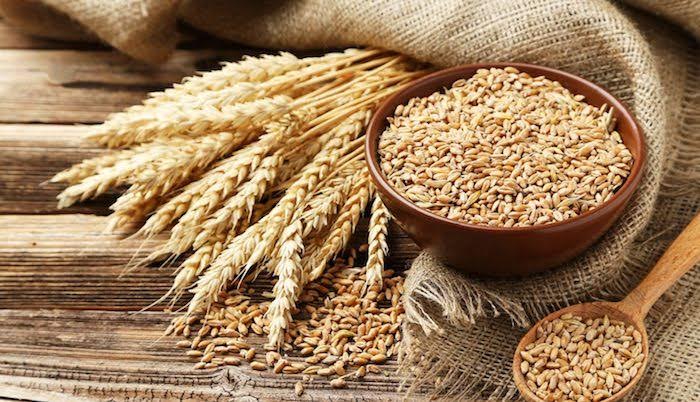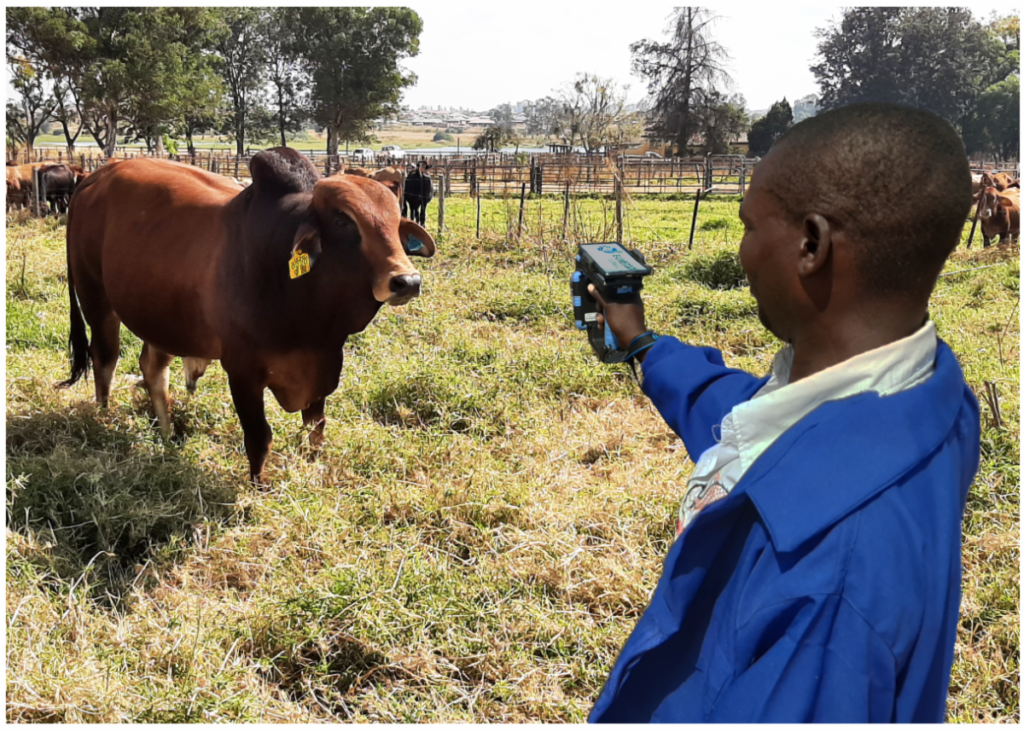
Towards the rejuvenation of the Wheat industry, there appears to be hope in sight for flour millers, bread, confectionary makers and other players in the value chain as machineries have already been put in motion for the country to be self-sufficient in wheat production soon.
If the feelers coming from the Federal Ministry of Agriculture and Food Security are anything to go by, in the next 18 months, Nigerians will no longer have any business importing wheat for their production processes.
Over the years, Nigeria has practically relied on imported wheat to meet the country’s rising demand. According to the Federal Ministry of Agriculture and Rural Development, the national requirement for wheat is 5.7 million metric tonnes yearly, but the country’s production stands at 420,000 metric tonnes.
The Central Bank of Nigeria’s (CBN) Statistical Bulletin in 2020 showed that Nigeria spent $6b (over N2tr) in five years (2016–2020) to import wheat. The former Minister of Agric, Mohammad Abubakar, had tagged the situation as worrisome and unsustainable for a crop that could be produced locally.
The Guardian learnt that almost 10 per cent of the country’s food import bill is spent on wheat, a development that was worsened by the ongoing Russia and Ukraine war, who are two of the biggest producers of wheat in the world.
Bread makers, cottage industries and other confectionaries producers, who were badly hit by the development, had increased price of their produce more than five times in the last one year, due to the incessant rise in the price of wheat, which is a major ingredient for their production.
The Director General, Feed Nigeria Summit, Richard-Mark Mbaram, who disclosed the Federal Government’s plans, said the government is embarking on making farmers have access to the right inputs, and heat-tolerant varieties of wheat seeds. “There was a notion that wheat can only be cultivated in temperate area, but with the varieties, all wheat farmers will be able to cultivate. If farmers can get these at subsidised rates it will assist them a lot. From November, farmers will be having access to these inputs.
“We have successfully identified considerable expanse of land through Global Satellite Imagery, particularly people around water bodies. What we discovered as the problem in the past is just a case of pure non-commitment.
“We are back to the glory days of agric. The dark period between 2016 and 2023 has basically been phased out. We’ll distribute the seed to real farmers and provide extension services to be deployed to that space to change the dynamics. In 18 months, Nigeria will be done with wheat importation. We have this plan for rice, sorghum and across other crops,” he said.
As an attestation to this, the Minister of Agriculture and Food Security, Abubakar Kyari, in a recent engagement with journalists in Abuja, on the way forward in the sector, said the development is part of the ministry’s immediate priority actions between now and the end of 2023.
“The most pressing actions we are currently handling is preparation for the next dry-season farming beginning from November 2023. To this end, some preparatory activities have been carried out and many others are at the advanced stage:
“Implementation of the dry season Wheat production starting in November 2023 is part of the National Agricultural Growth Scheme and Agro Pocket (NAGS-AP) projects funded by the African Development Bank. Under this scheme, the target is to produce wheat over a 70, 000 hectares across the wheat production zone of the country with an expected yield of 875,000 metric tonnes for our food reserve.
“Blending of appropriate fertilisers to support this year’s dry season farming, while making provisions for next year farming season well in advance; providing Train-the-Trainer for extension agents involved in dry season farming in collaboration with wheat producing states and other partners, such as flour mills.
“Furthermore, arrangements are also at advanced stage for dry season farming of rice, maize and other horticultural crops; to hold the National Agriculture and Food Security Summit in November 2023 to bring all stakeholders together for development of National Action Plan for Food Security with an implementation and sustainability strategy; to hold the National Council for Agriculture and Food Security (NCAFS) Meeting in Cross River State in November 2023 to develop a strategic operational plan for Federal-State-Local Council joint implementation plans and strategies.
“Reviewing the mechanisms and processes for delivering fertilisers and agro pesticides input to farmers under a transparent and accountable regime. This will be part of the main agenda at both the summit and the NCAFS meetings in November this year; distribution of pasture seeds and cuttings for dry season pasture and fodder development for livestock productivity beginning November 2023,” he said.
If the Federal Government’s new resolve sees the light of the day, experts say, it would not only force down prices of the commodity, it will also stop the country’s reliance on imports to meet its high demand.






